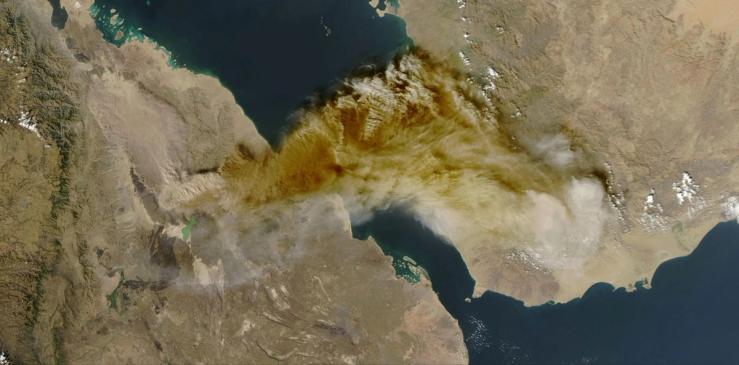A volcano in Ethiopia erupted for the first time in recorded history. Hayli Gubbi was believed to be dormant, with no evidence of an eruption in the Holocene period, stretching back 12,000 years. The blast sent a column of smoke nine miles, or 14.5 kilometers, into the sky and coated the landscape with ash, which could cause problems for local farmers.
The blast is a reminder of how bad humans are at predicting seismic activity: One expert told Scientific American that “a volcano can still have an eruption even if it hasn’t had one in… 10,000 years.” Earthquakes are similarly mysterious, although a recent study using AI to predict aftershocks of big quakes apparently showed some success.


